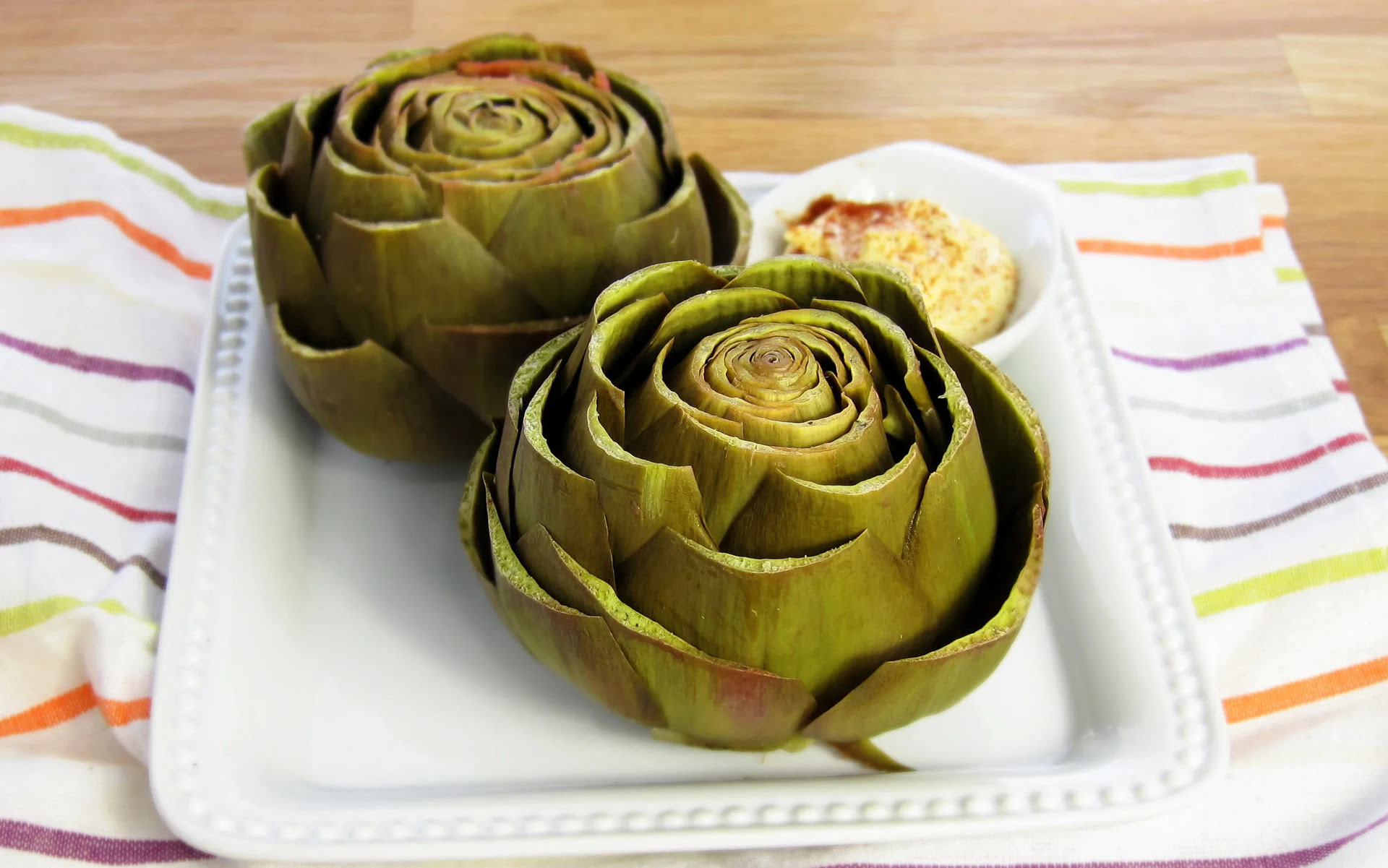

Articles
How To Store Cooked Artichokes
Modified: October 19, 2024
Learn how to store cooked artichokes and keep them fresh for longer. Read our helpful articles for easy tips and techniques.
(Many of the links in this article redirect to a specific reviewed product. Your purchase of these products through affiliate links helps to generate commission for Storables.com, at no extra cost. Learn more)
Introduction
Artichokes are delicious and nutritious vegetables that are packed with flavor and health benefits. Whether you harvested them from your garden or bought them fresh from the store, preserving cooked artichokes can be a great way to enjoy their amazing taste even after they are no longer in season. In this article, we will explore the best methods for storing cooked artichokes, including refrigeration, freezing, and canning.
Storing cooked artichokes is essential to prevent them from spoiling and to maintain their texture and taste. By following proper storage techniques, you can ensure that your cooked artichokes remain fresh and ready to be used in a variety of recipes whenever you crave their unique flavor.
So, let’s dive into the world of storing cooked artichokes and discover the best methods for preserving these culinary delights.
Key Takeaways:
- Extend the Shelf Life: Storing cooked artichokes through refrigeration, freezing, or canning allows you to enjoy their unique flavor for an extended period, making meal prep more convenient and cost-effective.
- Preserve Nutritional Value: Properly storing cooked artichokes helps retain their high levels of antioxidants, fiber, and essential vitamins and minerals, ensuring that you can enjoy their health benefits in various recipes.
Read more: How To Store An Artichoke
Why Store Cooked Artichokes?
You might be wondering why it is necessary to store cooked artichokes when you can simply enjoy them freshly cooked. While that is true, there are several reasons why storing cooked artichokes can be beneficial:
- Extended Shelf Life: Storing cooked artichokes allows you to extend their shelf life and enjoy them for a longer duration. This is particularly useful if you have a surplus of artichokes or if you want to take advantage of seasonal availability.
- Convenient Meal Prep: By storing cooked artichokes, you save time in meal preparation. They can be easily incorporated into various dishes, such as salads, pasta, and stir-fries. Having pre-cooked artichokes on hand makes it convenient to whip up a quick and delicious meal.
- Variety in Recipes: Artichokes have a unique taste and texture that adds depth and flavor to a variety of dishes. By storing cooked artichokes, you can experiment with different recipes and create new culinary delights. From dips to pizzas, soups to sandwiches, the possibilities are endless.
- Cost-effective: If you find artichokes on sale or in bulk, storing them can help you save money in the long run. Rather than letting them go to waste, you can cook and store them for later use, ensuring that you get the most out of your purchase.
- Preserving Nutritional Value: Artichokes are a nutritional powerhouse, containing high levels of antioxidants, fiber, and various vitamins and minerals. By storing cooked artichokes properly, you can preserve their nutritional value and enjoy the health benefits they offer.
Now that you understand the benefits of storing cooked artichokes, let’s explore the best methods for preserving their deliciousness.
Best Storage Methods for Cooked Artichokes
There are a few different methods you can use to store cooked artichokes, depending on your preferences and the length of time you want to preserve them. Let’s explore the best storage methods:
Method 1: Refrigeration
Refrigeration is one of the simplest and most common methods for storing cooked artichokes. Follow these steps:
- Allow the cooked artichokes to cool completely.
- Place the artichokes in an airtight container or wrap them tightly in plastic wrap.
- Label the container with the date to keep track of freshness.
- Store the container in the refrigerator at a temperature of 40°F (4°C).
- Consume the cooked artichokes within 3-5 days for the best flavor and texture.
Method 2: Freezing
If you want to store cooked artichokes for a longer period, freezing is an excellent option. Here’s what you need to do:
- Cool the cooked artichokes completely.
- Cut them into desired sizes or leave them whole.
- Place the artichokes in a freezer-safe bag or container.
- Squeeze out any excess air from the bag or cover tightly with a lid.
- Label the container with the date and contents.
- Store the artichokes in the freezer at a temperature of 0°F (-18°C) or below.
- Frozen artichokes can maintain their quality for up to 6 months. Thaw them in the refrigerator before consuming.
Read more: How To Store Artichokes
Method 3: Canning
If you enjoy the convenience of preserved foods and want to store cooked artichokes for an extended period, canning can be an ideal method. Here’s how:
- Prepare the artichokes by trimming and cleaning them.
- Cook the artichokes in a brine or acidified water solution until tender.
- Place the cooked artichokes into sterilized canning jars, leaving a 1-inch headspace.
- Seal the jars and process them in a pressure canner according to the recommended time and pressure based on your altitude and jar size.
- After the process is complete, allow the jars to cool and check for proper sealing.
- Store the canned artichokes in a cool, dark place for up to 1 year.
By utilizing these storage methods, you can ensure that your cooked artichokes remain fresh and delicious, ready to enhance your meals whenever you desire.
Method 1: Refrigeration
Refrigeration is one of the easiest and most popular methods for storing cooked artichokes. It allows you to preserve their flavor and texture for several days. Follow these steps to properly refrigerate cooked artichokes:
- Cool the cooked artichokes: Allow the cooked artichokes to cool completely at room temperature. This will prevent condensation from forming inside the storage container and affecting the quality of the artichokes.
- Select a suitable storage container: Choose an airtight container or wrap the artichokes tightly in plastic wrap. Make sure the container is clean and dry to prevent any contamination.
- Package the artichokes: Place the cooled cooked artichokes into the container. If the artichokes are large, you can cut them into smaller pieces or leave them whole, depending on your preference.
- Seal and label the container: Close the container tightly to create an airtight seal. Label the container with the date of storage to keep track of freshness.
- Store in the refrigerator: Place the container of cooked artichokes in the refrigerator at a temperature of 40°F (4°C) or below.
- Consume within 3-5 days: The cooked artichokes will typically stay fresh and flavorful for 3-5 days when stored properly in the refrigerator. It’s essential to consume them within this time frame to maintain their quality.
Refrigerating cooked artichokes is a convenient option, as they can easily be incorporated into various recipes and enjoyed as a tasty side dish or salad topping. Just remember to store them properly and consume them before they turn bad.
Now that you’re familiar with the refrigeration method for storing cooked artichokes, let’s explore the next storage method: freezing.
Method 2: Freezing
If you want to store cooked artichokes for an extended period, freezing is an excellent method that helps preserve their flavor and texture. Follow these steps to properly freeze cooked artichokes:
- Cool the cooked artichokes: Allow the cooked artichokes to cool completely at room temperature. This step prevents condensation from forming inside the packaging and affecting the quality of the artichokes.
- Cut or leave artichokes whole: Depending on your preference, you can either leave the cooked artichokes whole or cut them into desired sizes. If they are large, it might be easier and more practical to cut them into smaller pieces.
- Package the artichokes: Place the cooled cooked artichokes into a freezer-safe bag or container. Ensure that the packaging is suitable for freezing and is airtight to prevent freezer burn.
- Remove excess air: Squeeze out any excess air from the bag or cover tightly with a lid. This step helps to minimize the potential for freezer burn and maintain the quality of the artichokes.
- Label the packaging: Clearly label the container or bag with the date of freezing and the contents. This will help you keep track of the storage time and easily identify the artichokes later on.
- Store in the freezer: Place the packaged artichokes in the freezer at a temperature of 0°F (-18°C) or below. Choose a spot where they will not be disturbed, such as in the back of the freezer.
- Thaw before use: When you’re ready to use the frozen artichokes, thaw them in the refrigerator overnight. This gradual thawing helps to preserve their texture and flavor.
- Consume within 6 months: While frozen artichokes can remain safe to eat for a longer period, it’s best to consume them within 6 months for optimal quality.
Freezing cooked artichokes allows you to enjoy them even when they are out of season or when you have a surplus. They can be easily incorporated into various recipes, such as pasta dishes, salads, and casseroles, adding a burst of flavor to your meals.
Now that you know how to freeze cooked artichokes, let’s explore the final storage method: canning.
Method 3: Canning
If you’re looking for a long-term storage method for cooked artichokes, canning is an excellent option. Canning allows you to preserve the artichokes’ flavor and extend their shelf life for up to a year. Here’s how you can can cooked artichokes:
- Prepare the artichokes: Start by trimming and cleaning the artichokes. Remove any tough outer leaves and the choke if necessary. Cut them into desired sizes or leave them whole.
- Cook the artichokes: Place the prepared artichokes in a pot and cover them with water. You can also add a squeeze of lemon juice or vinegar to help preserve their color. Bring the water to a boil and simmer the artichokes until they are tender but not mushy.
- Prepare the canning jars: While the artichokes are cooking, wash the canning jars and lids with hot, soapy water. Sterilize the jars by boiling them in a large pot of water for 10 minutes. Keep the lids in a separate pot of hot water to soften the seals.
- Pack the artichokes: Carefully transfer the cooked artichokes into the sterilized jars, leaving a 1-inch headspace at the top. You can add some of the cooking liquid from the pot to the jars to help retain moisture.
- Seal the jars: Wipe the rims of the jars with a clean, damp cloth to remove any food particles. Place the lids on the jars and tighten the bands until they are fingertip tight.
- Process the jars: Place the filled jars in a pressure canner according to the manufacturer’s instructions. Process the jars at the recommended pressure and time based on your altitude and jar size.
- Cool and store the jars: After the processing time is completed, turn off the heat and allow the canner to cool naturally. Once the pressure has equalized, carefully remove the jars and place them on a towel-covered surface. Let the jars cool completely before storing them.
- Check for proper seals: After the jars have cooled, check the lids for proper seals by pressing down on the center of each lid. If the lid does not move, it is sealed correctly. Any unsealed jars should be refrigerated and consumed within a few days.
- Store the canned artichokes: Store the sealed, cooled jars in a cool, dark place, such as a pantry or cellar. Canned artichokes can remain safe to eat for up to a year, but it’s best to consume them within the first few months for peak flavor and quality.
Canned artichokes offer convenience and versatility, as they can be easily added to various recipes without the need for refrigeration or freezing. From pasta dishes to dips, their unique taste will enhance your culinary creations.
Now that you’re familiar with canning as a storage method for cooked artichokes, let’s move on to some tips for storing cooked artichokes in general.
Read more: How To Store Jerusalem Artichokes
Tips for Storing Cooked Artichokes
To ensure that your cooked artichokes stay fresh and flavorful, here are some helpful tips to keep in mind:
1. Choose fresh artichokes:
When selecting artichokes for cooking and storing, choose those that are firm and have tightly closed leaves. Fresh, high-quality artichokes will have better texture and flavor when cooked and stored.
2. Properly cool the artichokes:
Allow the cooked artichokes to cool completely before storing them. This prevents condensation from forming inside the storage container, which can lead to spoilage or loss of texture.
3. Label and date the storage containers:
Whether you’re using refrigeration, freezing, or canning, it’s essential to label the containers or bags with the date of storage. This helps you keep track of freshness and ensures that you consume the artichokes within a reasonable time frame.
Read more: How To Store Uncooked Artichokes
4. Avoid exposing artichokes to air:
Avoid excessive exposure to air when storing cooked artichokes, as this can lead to oxidation and deterioration of their quality. Opt for airtight containers or properly sealed packaging to minimize air contact.
5. Use proper storage temperatures:
For refrigeration, keep the cooked artichokes at a temperature of 40°F (4°C) or below. Freezing requires a temperature of 0°F (-18°C) or below, while canning involves proper processing at recommended pressures and times based on your altitude.
6. Store in suitable storage locations:
Whether you’re refrigerating, freezing, or canning, choose suitable storage locations. For refrigeration, store artichokes in the main compartment, not on the door, to maintain a consistent temperature. Freezer storage should be in the back of the freezer where the temperature is most stable. Canned artichokes should be stored in a cool, dark pantry or cellar.
7. Consume within recommended timeframes:
While cooked artichokes can be stored using various methods, it’s essential to consume them within recommended timeframes to ensure optimal flavor and quality. Refrigerated artichokes should be consumed within 3-5 days, frozen artichokes within 6 months, and canned artichokes within a year.
By following these tips, you can ensure that your cooked artichokes stay fresh, flavorful, and ready to be enjoyed in a variety of recipes.
Now that you’re equipped with the knowledge of proper storage techniques and tips, you can confidently preserve and enjoy the deliciousness of cooked artichokes whenever you desire.
Conclusion
Storing cooked artichokes is a great way to extend their shelf life, maintain their flavor and texture, and enjoy their unique taste even when they are out of season. Whether you choose to refrigerate, freeze, or can your cooked artichokes, each method has its own advantages and is suitable for different storage needs.
Refrigeration provides a quick and convenient option, allowing you to store cooked artichokes for a few days. It’s perfect for those who want to have easy access to freshly cooked artichokes to incorporate into various recipes.
Freezing is an excellent method for long-term storage, allowing cooked artichokes to remain delicious for up to 6 months. This option is ideal if you have a surplus of artichokes or want to enjoy their unique flavor even when they are out of season.
Canning cooked artichokes offers the advantage of long-term storage, allowing you to preserve them for up to a year. Canned artichokes provide convenience and versatility, ready to be added to your favorite recipes without the need for refrigeration or freezing.
Regardless of the storage method you choose, it’s important to follow proper procedures to ensure the best quality and safety. This includes cooling the artichokes before storing them, using suitable packaging, labeling and dating the containers, and storing them at the proper temperatures.
By storing cooked artichokes properly, you can reap the benefits of convenience, versatility, and cost-effectiveness. Whether you want to add them to salads, pasta dishes, dips, or soups, you’ll always have a delicious ingredient on hand to enhance your meals.
So, the next time you find yourself with cooked artichokes that you want to preserve, consider the storage methods and tips mentioned in this article. With proper storage, you can savor the delightful taste of artichokes throughout the year and elevate your culinary creations.
Start storing your cooked artichokes today and enjoy the flavors of this wonderful vegetable whenever you please!
Frequently Asked Questions about How To Store Cooked Artichokes
Was this page helpful?
At Storables.com, we guarantee accurate and reliable information. Our content, validated by Expert Board Contributors, is crafted following stringent Editorial Policies. We're committed to providing you with well-researched, expert-backed insights for all your informational needs.
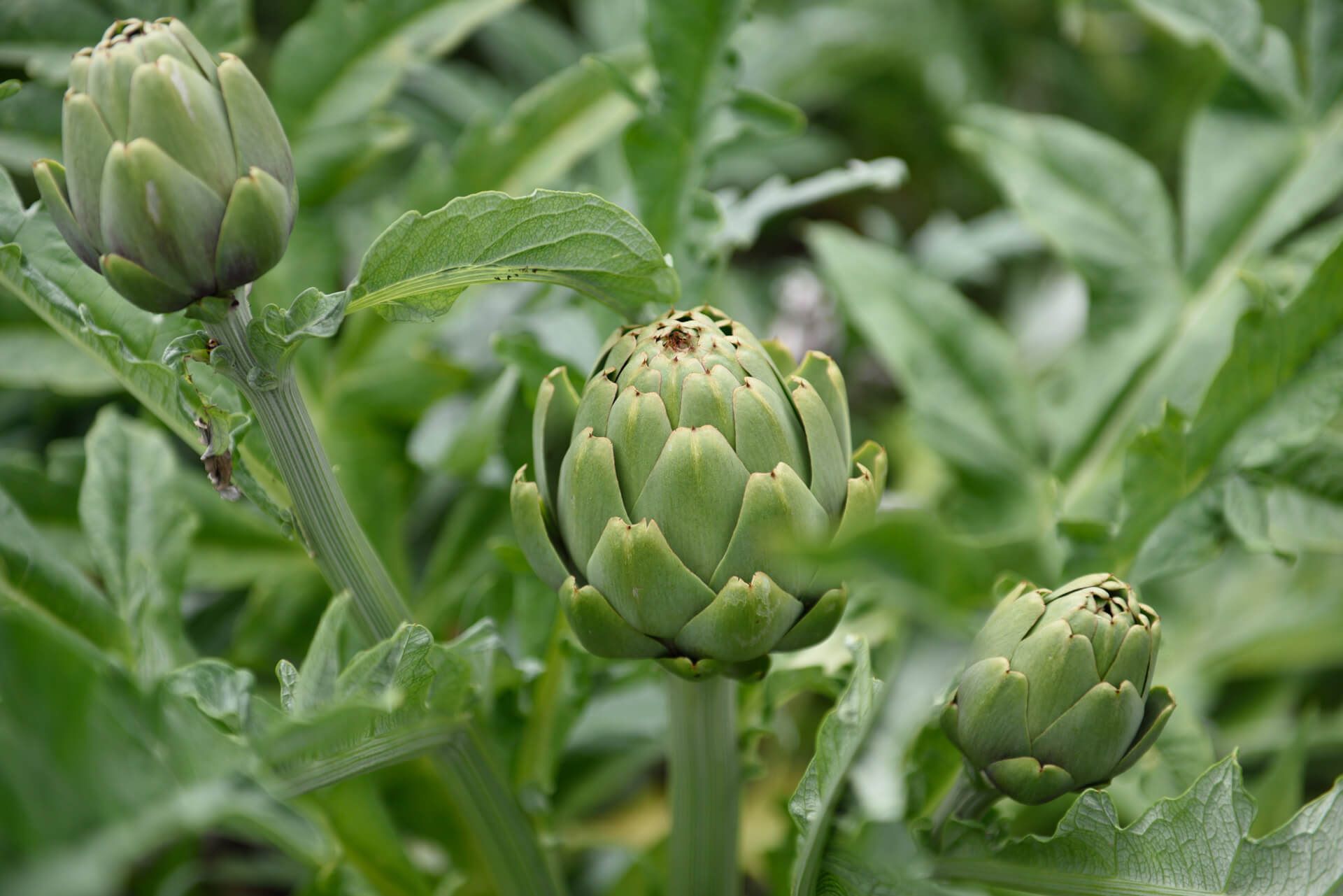
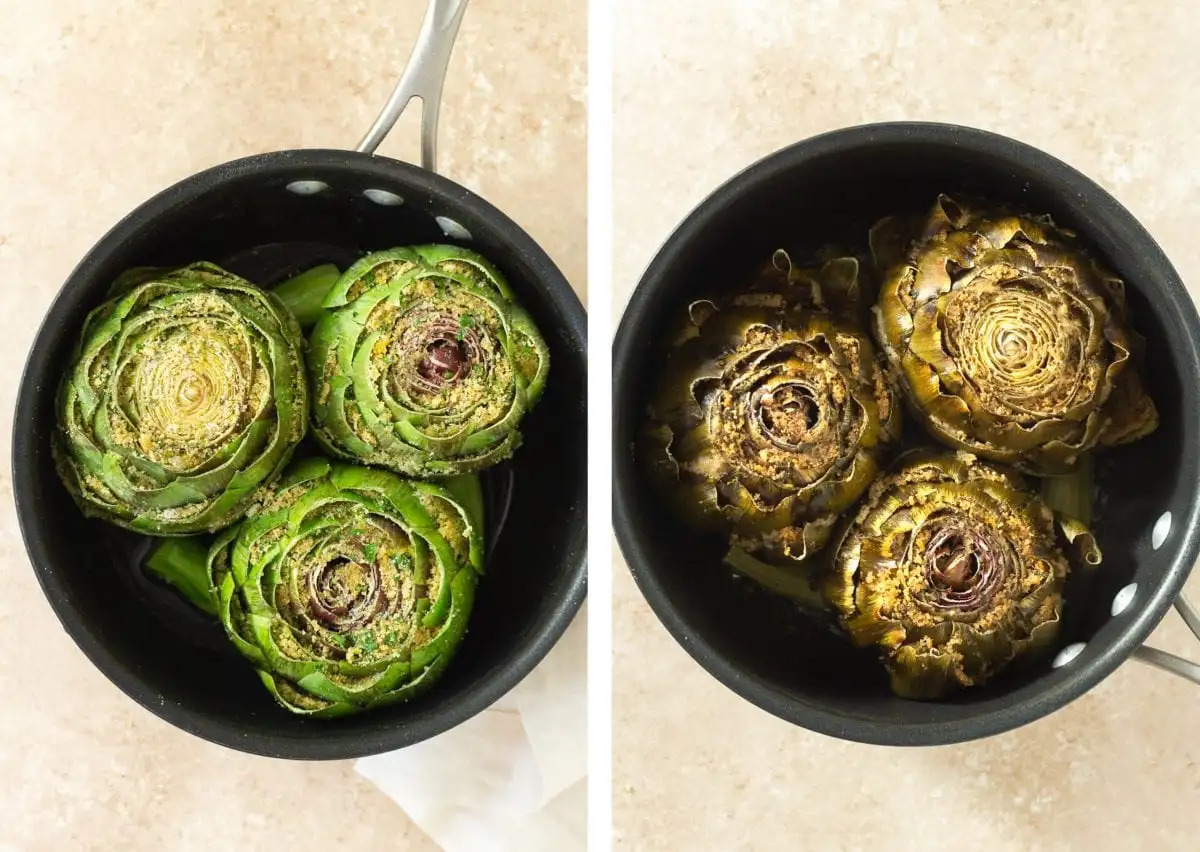
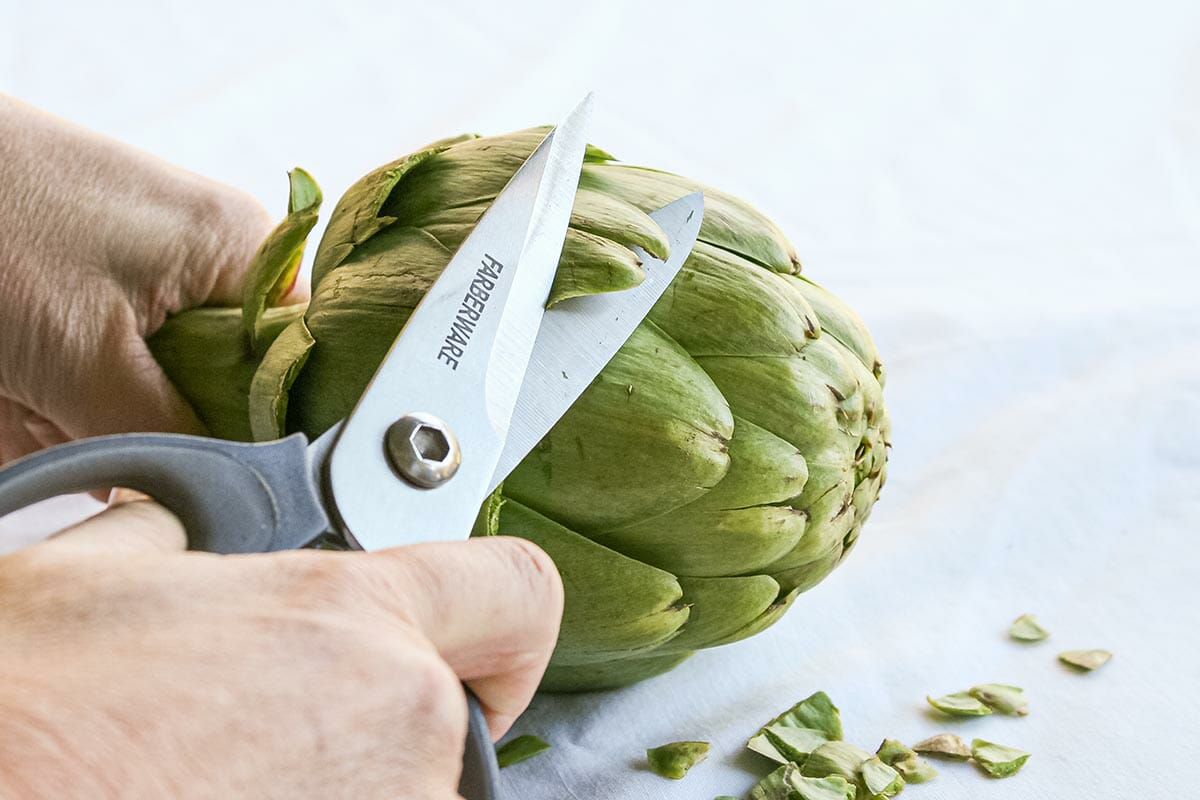
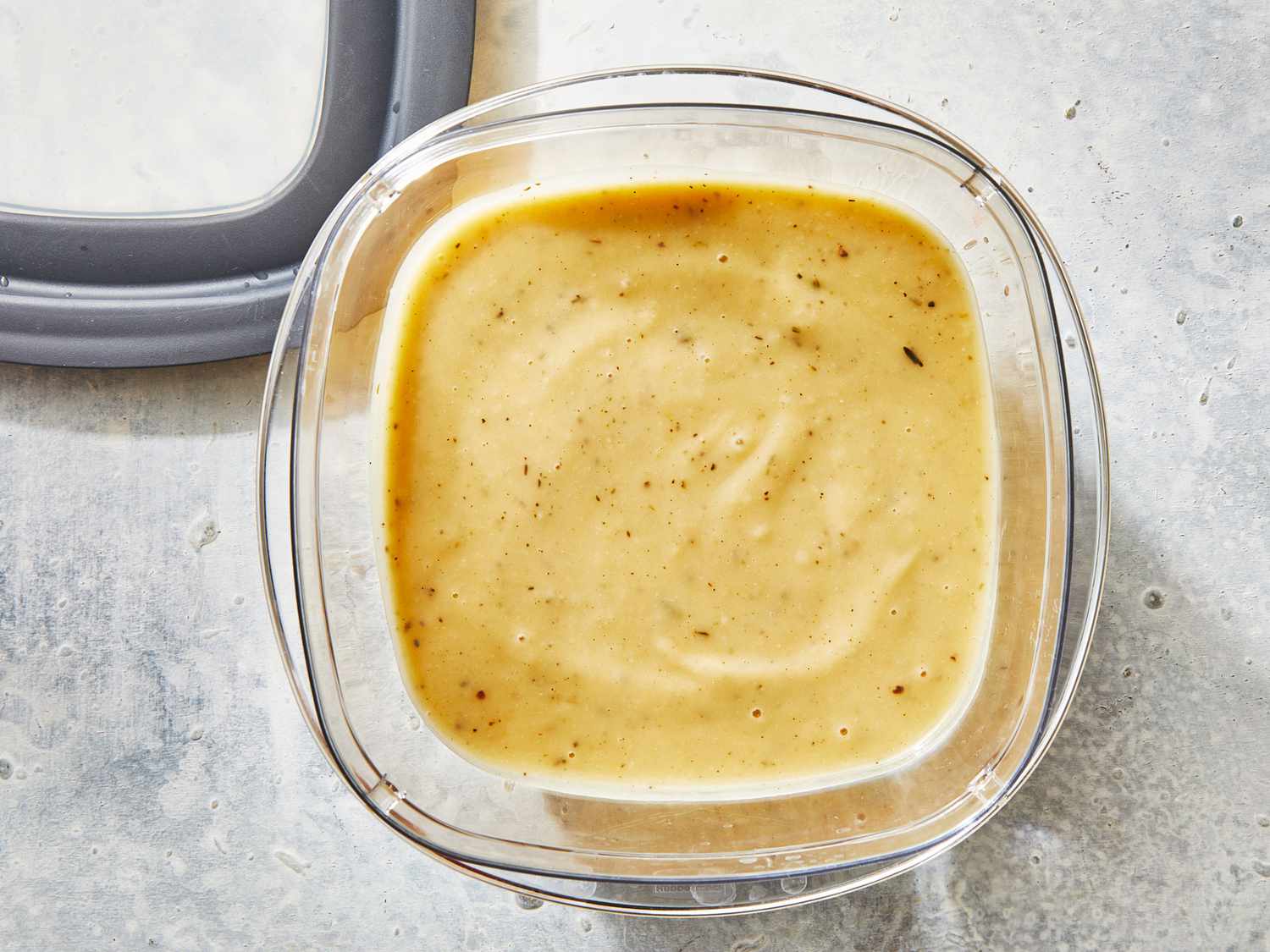
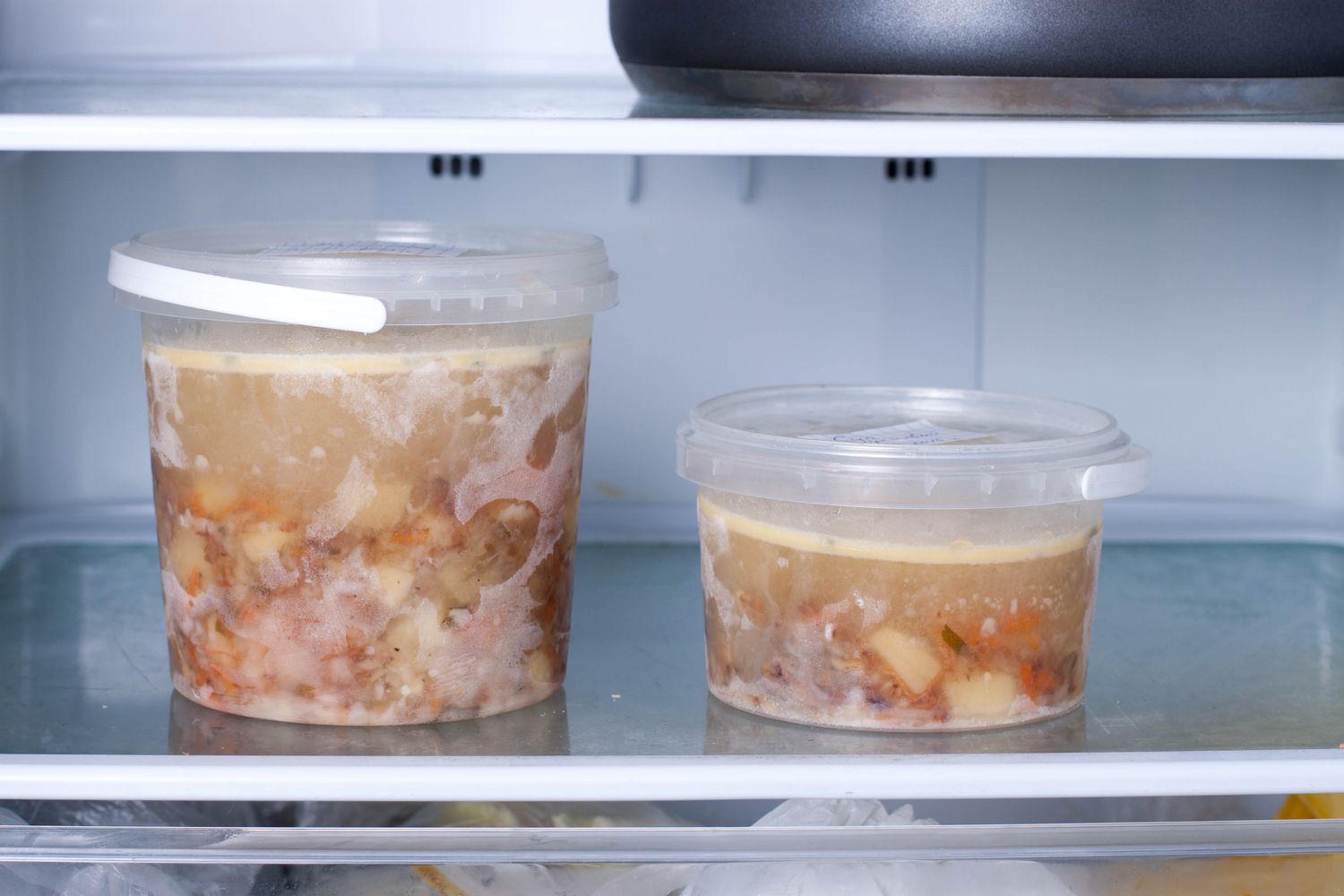
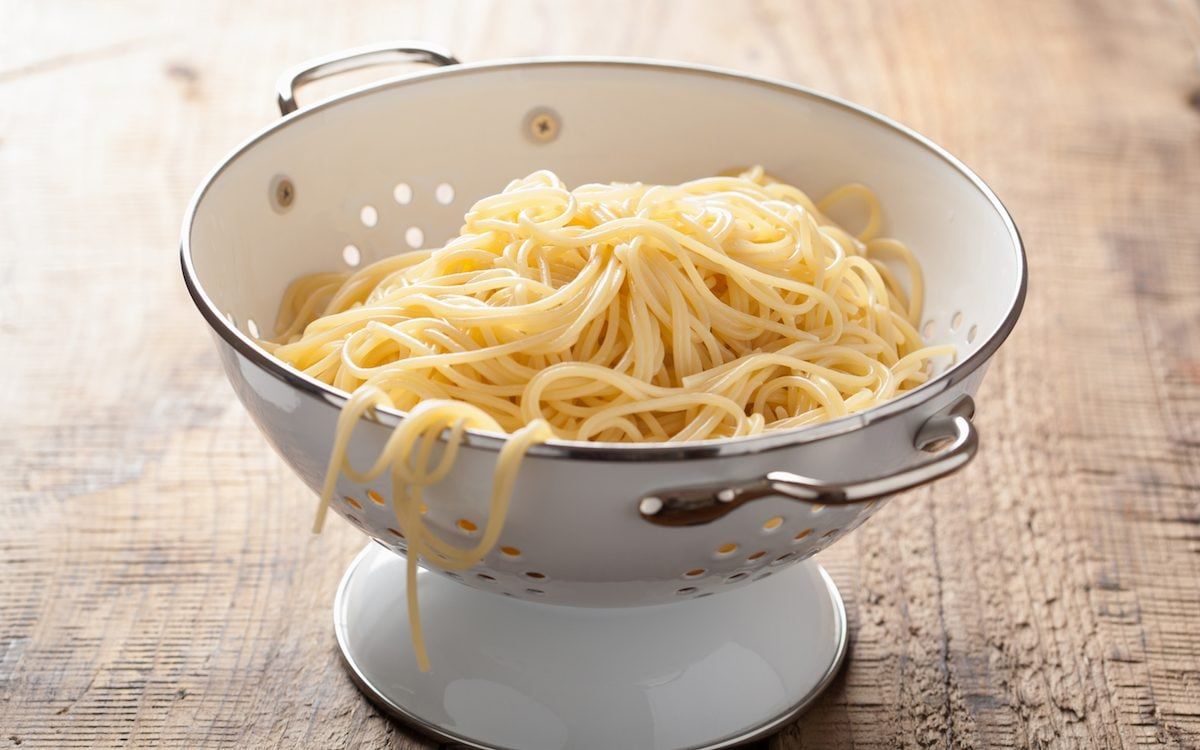
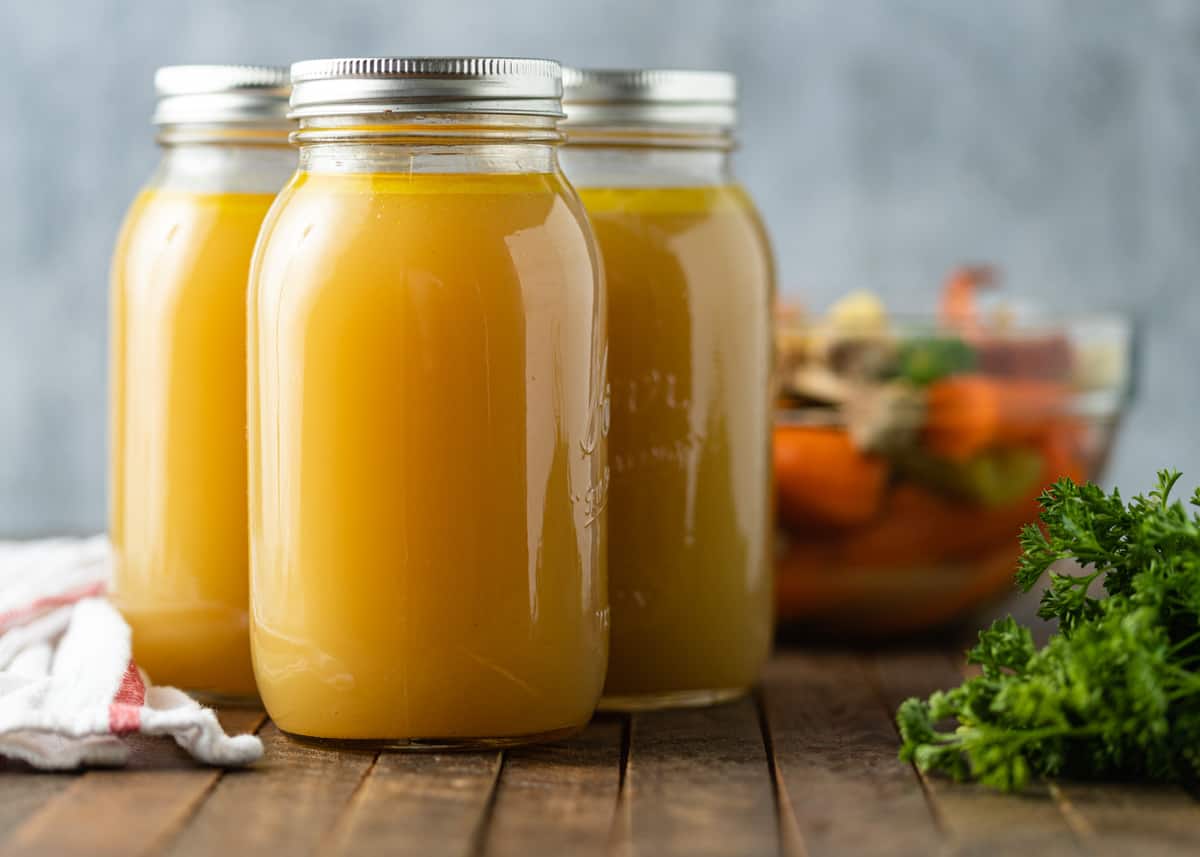
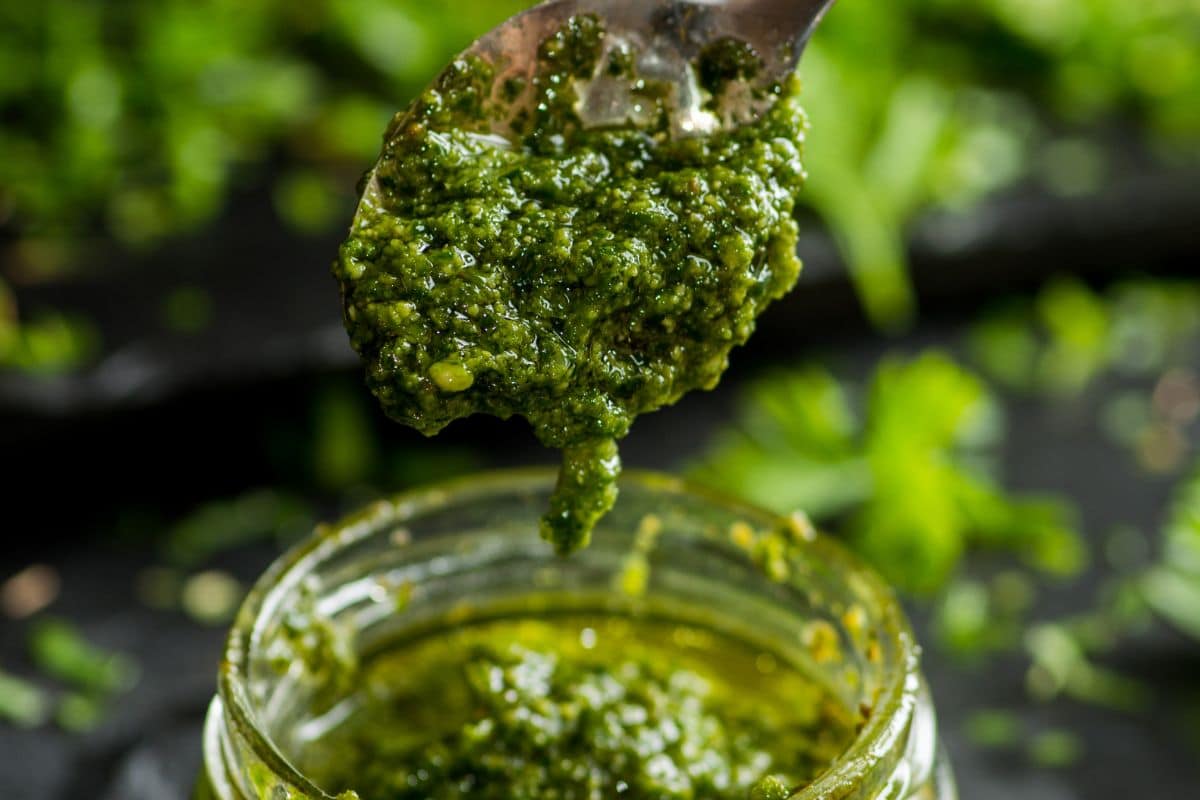
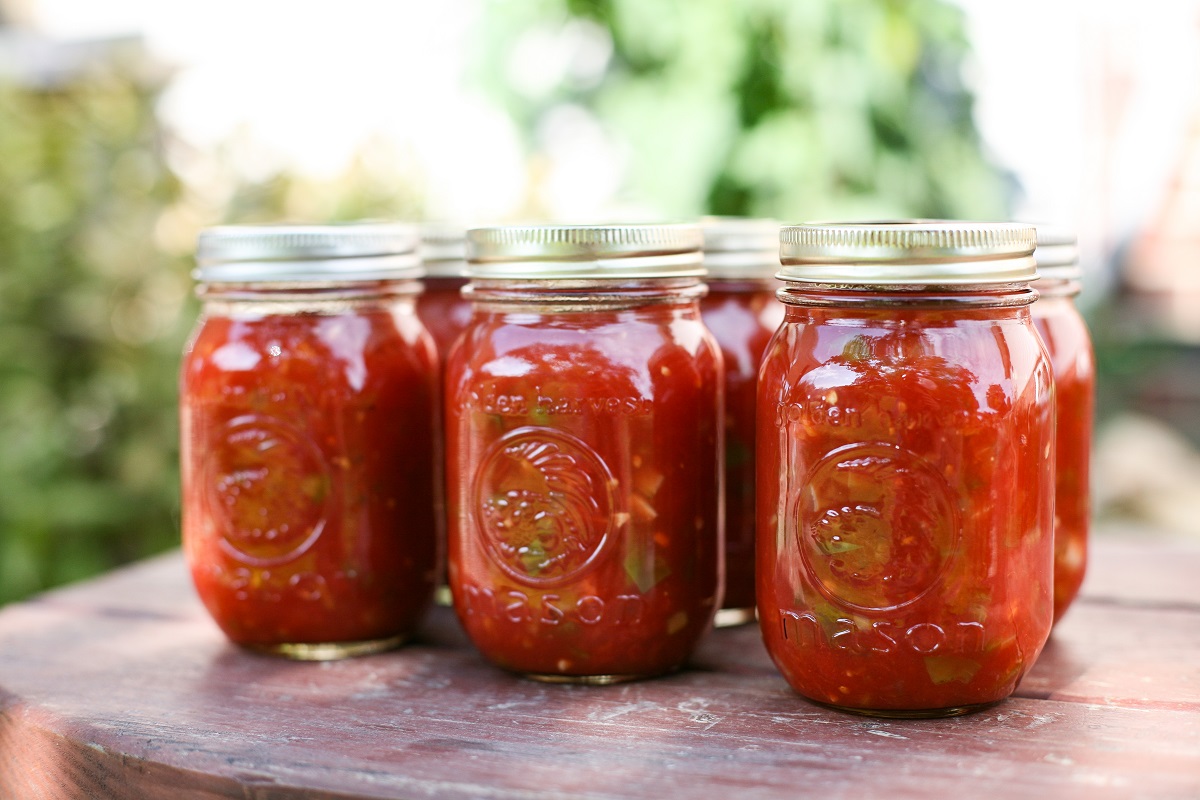
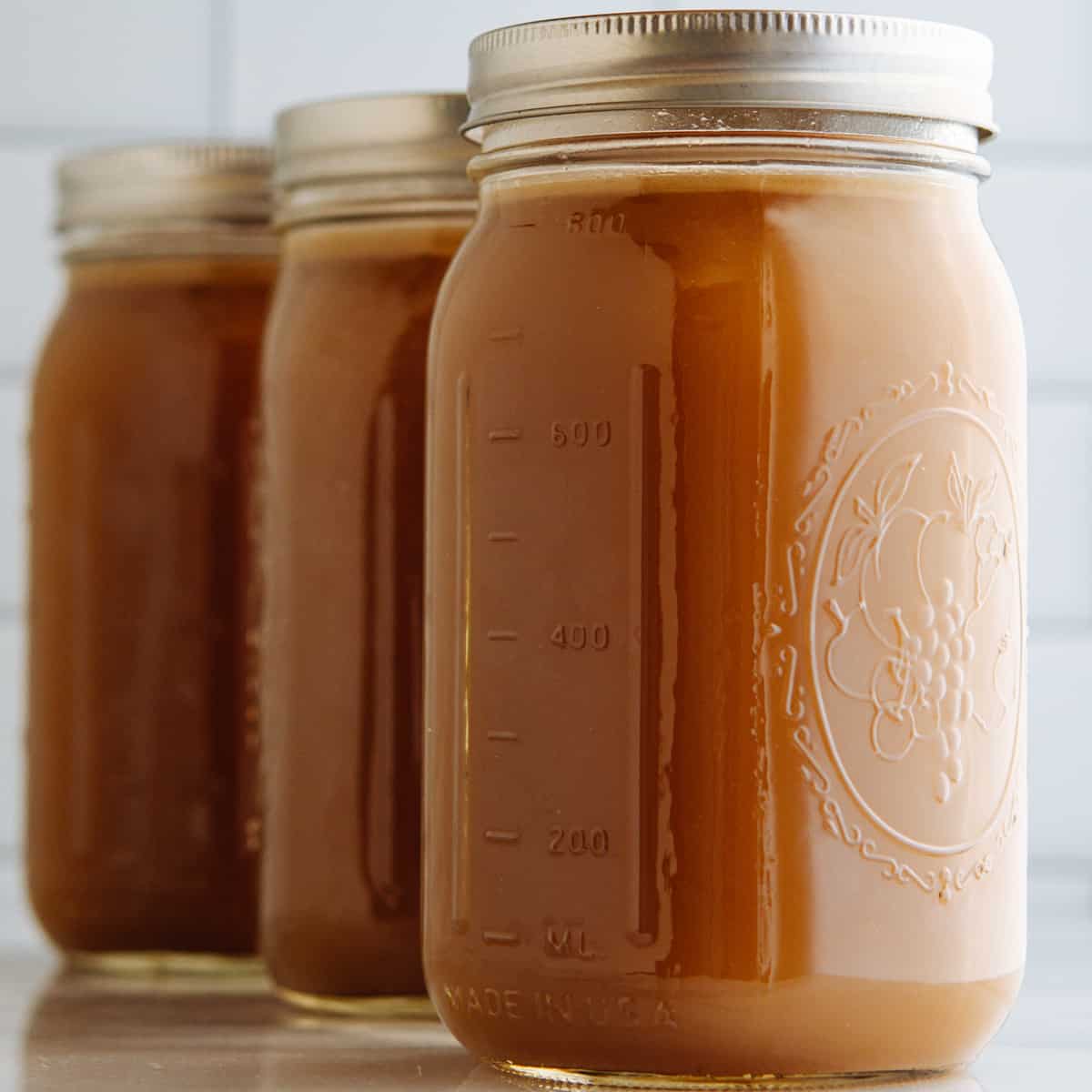
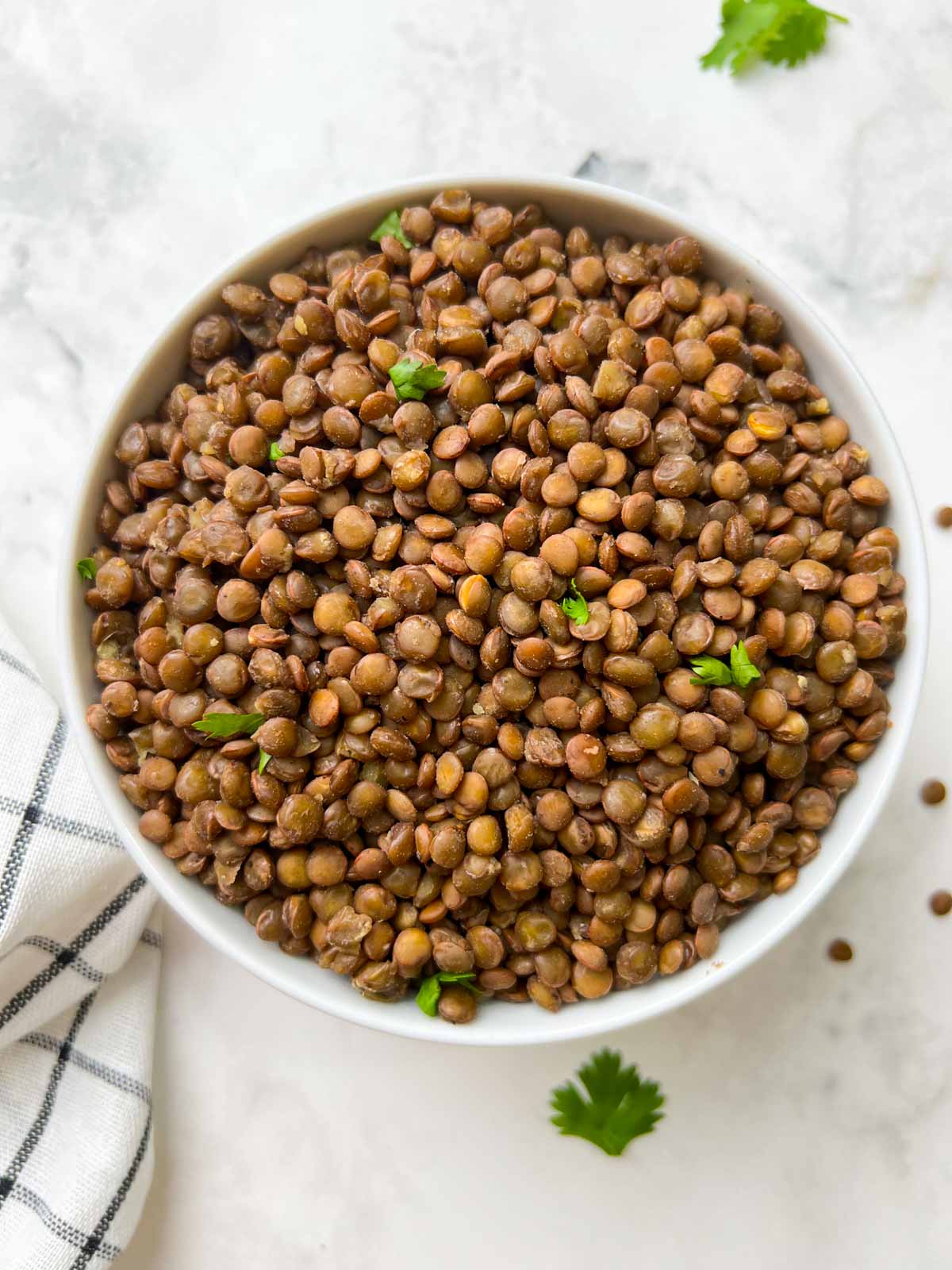

0 thoughts on “How To Store Cooked Artichokes”